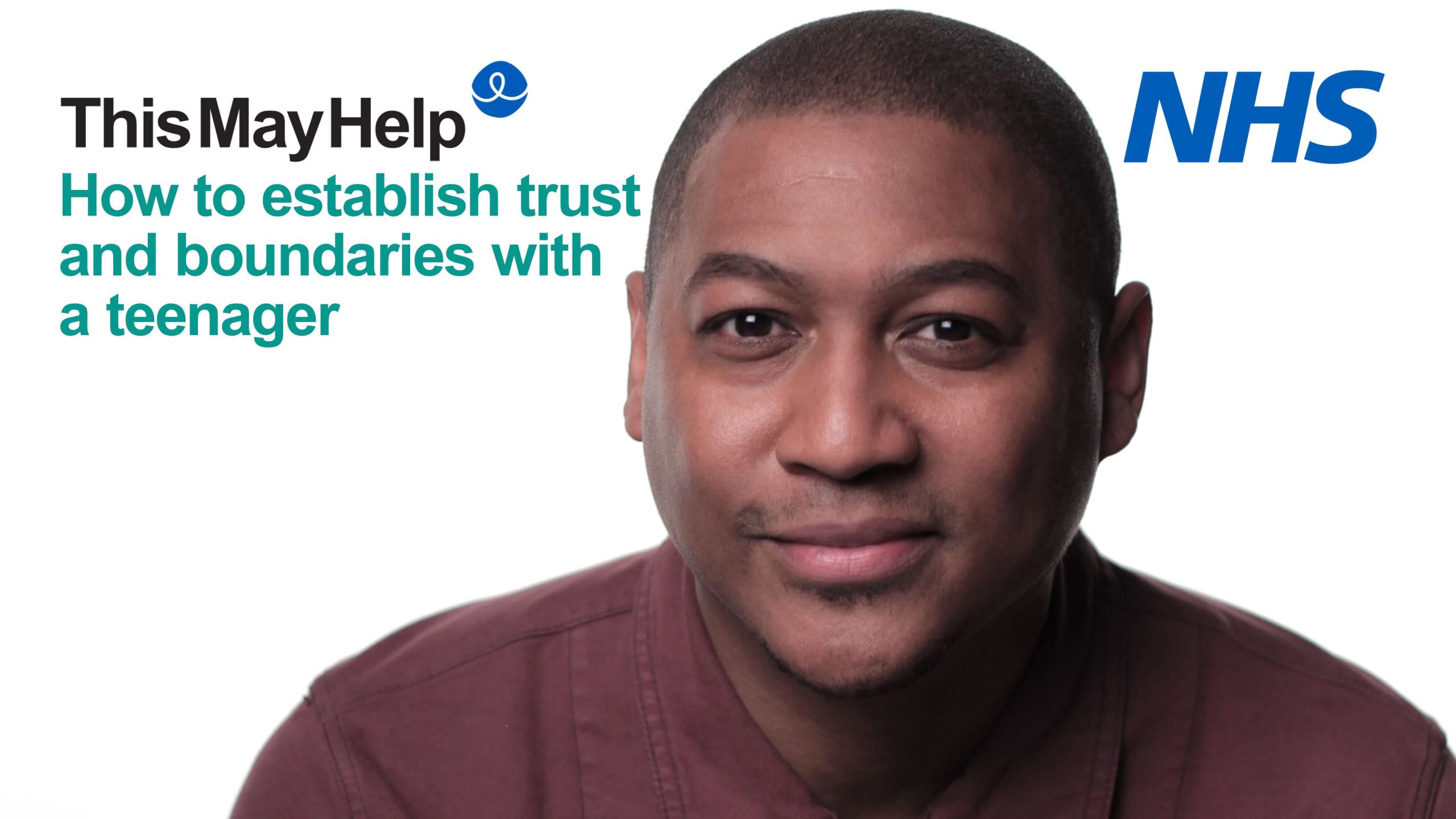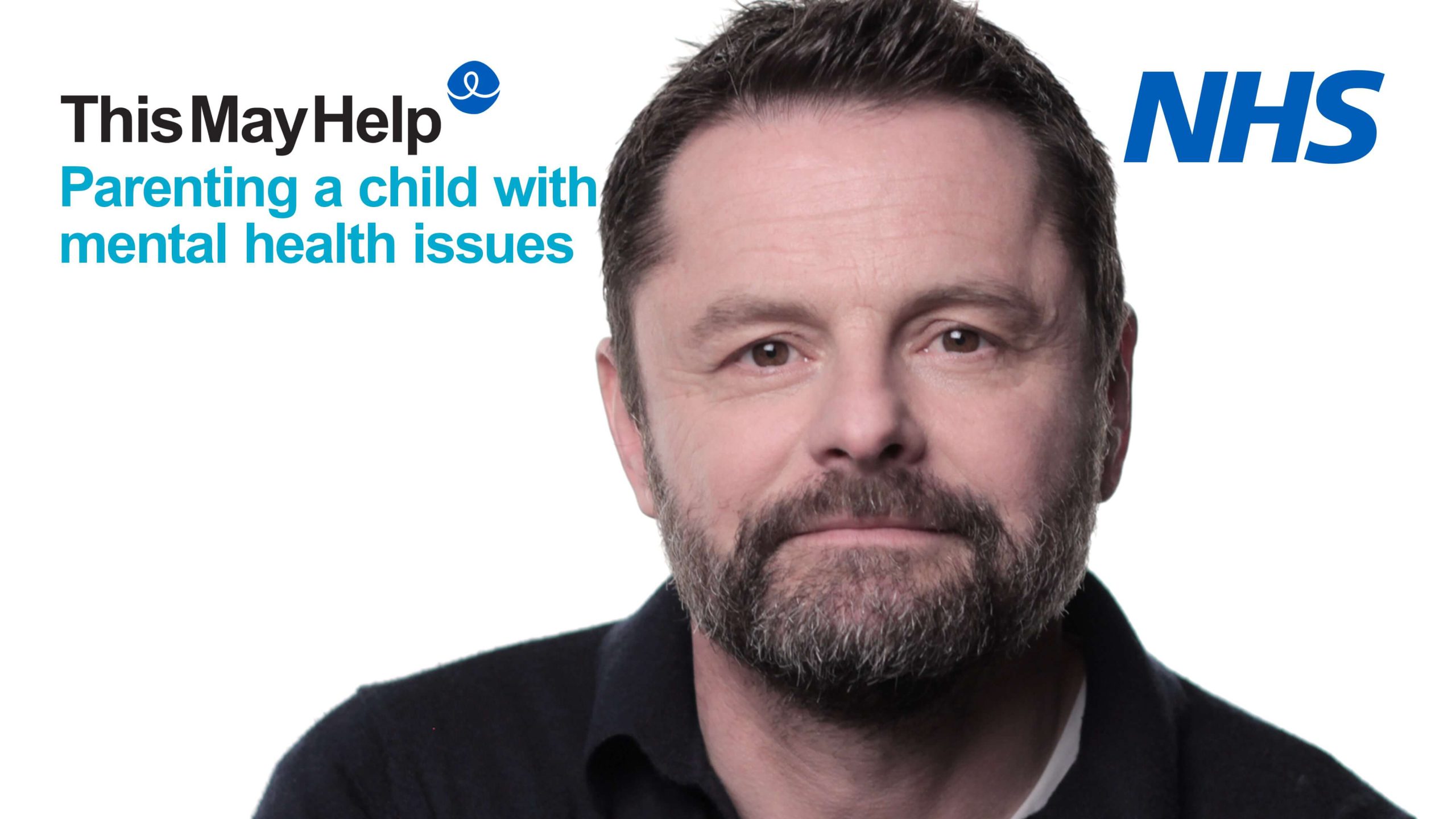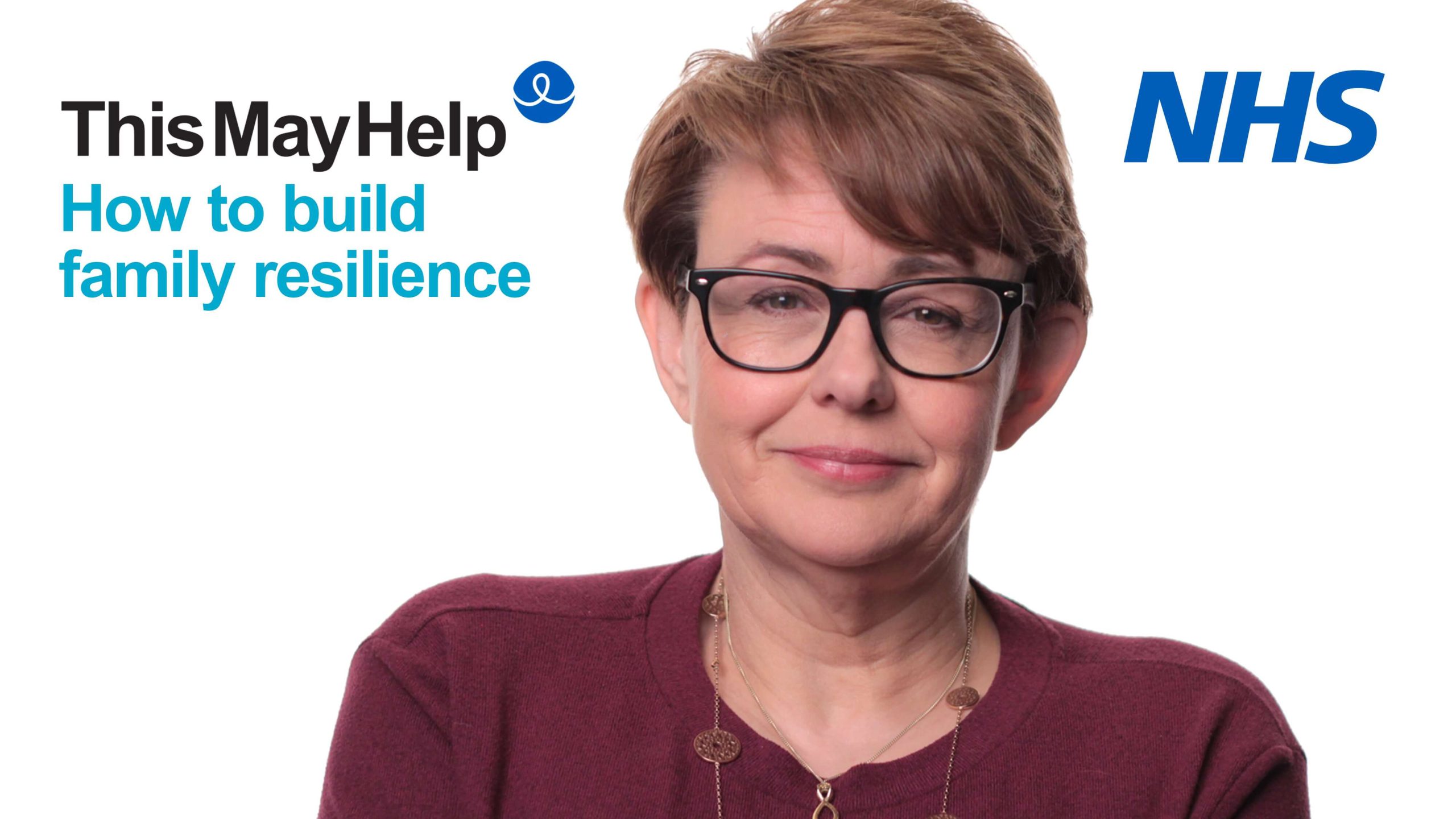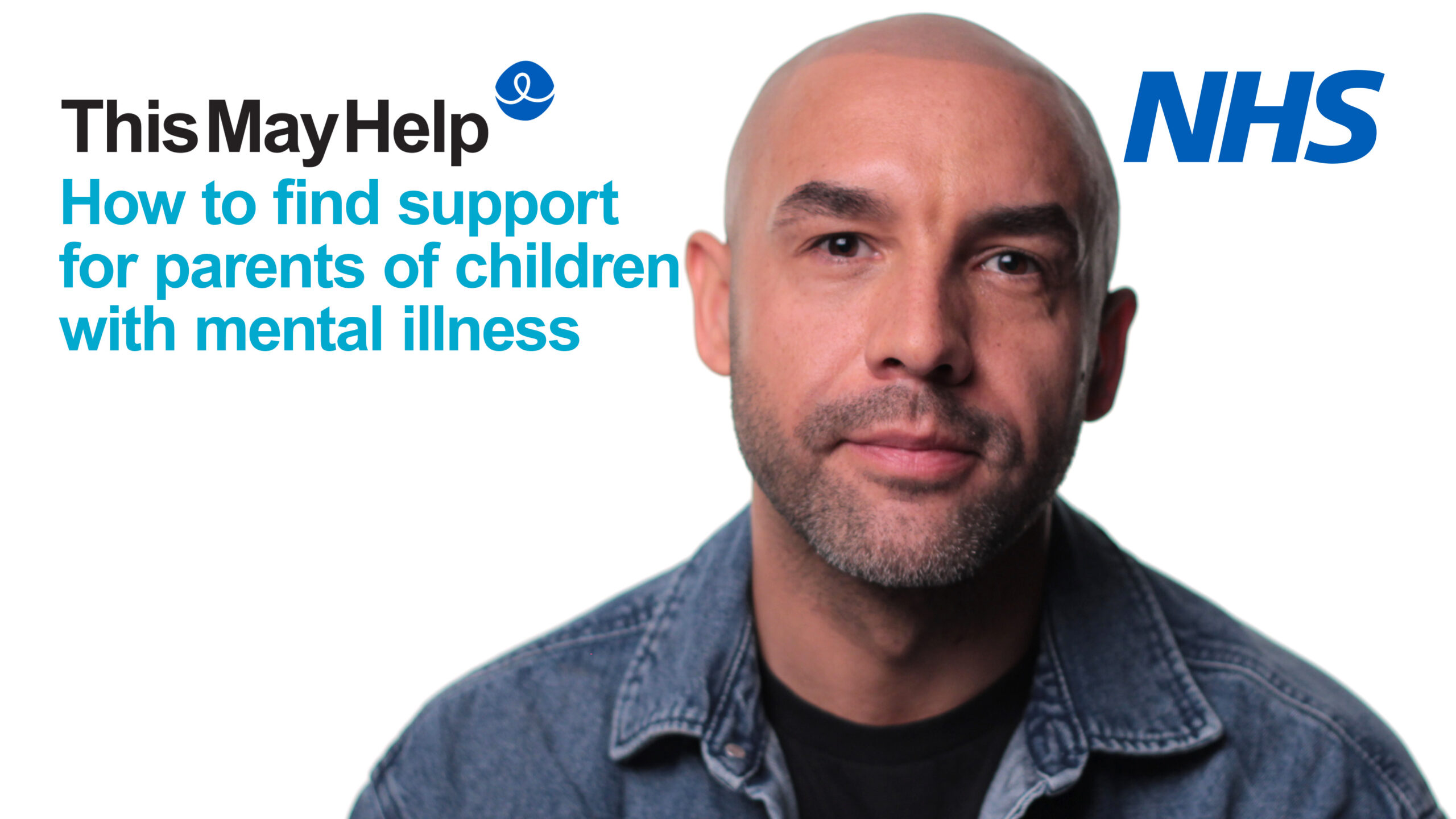Anger is a perfectly normal human emotion, but it can be frightening if it escalates into physical violence. In this video, Ortis Deeley shares guidance from NHS Mental Health professionals for parents wondering what to do if their child becomes aggressive, with five tips that may help.

More support
1. Try to control your own response
It’s normal to feel strong, negative emotions when faced with aggression, but try to avoid fighting fire with fire. Think about what message your words and body language are sending and focus as much as you can on modelling calm behaviour.
Tips for keeping calm
- Taking a deep breath and counting to ten can help you to avoid saying or doing something you might regret. Your heart rate will slow and you’ll begin to feel calmer.
- Some people find that repeating things like ‘Just try to relax’ or ‘It’s going to be okay’, to themselves, helps them to calm down and refocus.
- Gentle stretching exercises like neck and shoulder rolls can also help.
- Remind yourself that your feelings are towards the situation and not the child.
Some things to avoid
- As much as you’ll want them to calm down, telling people to do so tends to have the opposite effect as it suggests that you think they’re overreacting, when what they probably want is to be heard and taken seriously.
- Avoid speaking or shouting over them as this will make them feel undermined and is likely to increase their anger,
- Finger pointing or closing the space between you and them is likely to be interpreted as aggression and may cause them to retaliate.
2. Stay safe
You may feel you’re in the right, but you need to pick your battles. You can’t reason with someone who’s being led by strong emotions, and anger is unpredictable and difficult to control. The priority in the heat of the moment is everyone’s physical safety.
Tips for staying safe
- Put any arguments to one side and focus on de-escalating the situation.
- Walk away if you feel it necessary, but try to provide reassurance and let them know that you’re giving them space to calm down without shutting them off.
- Don’t be afraid to call the police if necessary. They have experience of dealing with these types of situations and will focus on a peaceful resolution.
3. Try to be understanding
All behaviour is communication and anger is always a secondary emotion to some kind of distress. Underneath the aggressive behaviour is something else that they’re trying to tell you. Try to understand and acknowledge their feelings of anger and don’t take it personally, as it’s not a reflection on you or your parenting.
4. Move on together
Letting go and forgiving can be hard, and it’s quite likely that there’ll be some feelings of shame and guilt on both sides. although it’s a delicate situation, it’s really important to get past it and move on together.
Tips for moving on
- You’ll both be feeling emotionally drained and hurt, so be patient and allow the reconnecting process to take as long as it takes.
- As the adult, you probably need to be the one leading the way towards reconciliation.
- Try to prioritise restoring the relationship over apportioning any blame for what happened.
5. Plan ahead
The best way to cope with anger and aggression is to avoid it or to channel it elsewhere, so work together and maybe keep a diary to explore the triggers, responses, the process of calming down and reconnecting. Think also about what acceptable expressions of anger might look like and agree consequences for crossing the line.
Some ways to avoid aggression
- Having an outlet for any frustration and anger, such as a punch bag or some kind of physical activity, can help to let off steam in a healthy way.
- Learning Nonviolent Response techniques together can help you to get better at communicating peacefully.
Some additional resources that may help
- Partnership Projects: Information on NVR for parents https://www.partnershipprojectsuk.com/non-violent-resistance-nvr/parents/
- PEGS: Supporting parents and professional with child to parent abuse https://www.pegsupport.co.uk
- Young Minds: Challenging Behaviour (a guide for parents) https://www.youngminds.org.uk/parent/parents-a-z-mental-health-guide/challenging-behaviour/
- NHS advice for supporting the mental wellbeing of others. Better Health: Every Mind matters https://www.nhs.uk/every-mind-matters/supporting-others/childrens-mental-health/
- For information on how to access NHS Mental health services visit https://www.nhs.uk/nhs-services/mental-health-services/
- Mind.org offers dedicated advice about parenting a child with a mental health problem https://www.mind.org.uk/information-support/tips-for-everyday-living/parenting-with-a-mental-health-problem/helping-your-children/






